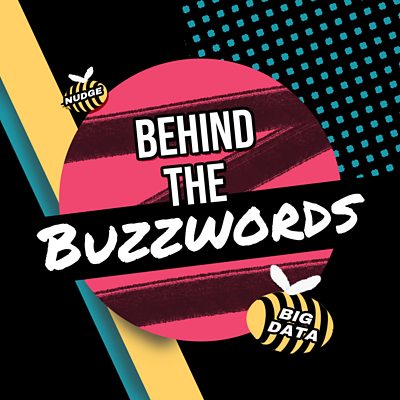Episode details

Available for over a year
How do buzzwords like Moral Panic, Nudge and FOMO become so widely used, and where do they come from? In this new series, Professor Sir David Cannadine, President of the British Academy, traces the biographies of some of our most-used buzzwords. David looks at how these buzzwords have become central to our current conversations and debates and traces their evolution from college campus to kitchen table. He explores how they have come to shape the way we think, the way we act, the way we communicate with each other and the way we see the world around us - often without our even knowing it. Episode 1: Moral Panic тSocieties appear to be subject, every now and then, to periods of moral panic. AтЏ condition, episode, person or group of persons emerges to become defined as a threat to societal values and interests.т So wrote the sociologist Stanley Cohen in 1972, in his book entitled Folk Devils and Moral Panics. Since then, the use of the term moral panic has exploded and it has become a buzzword with considerable power. But in doing so, it has also taken on a life of its own and sometimes been given a different meaning to the one Cohen originally intended. David Cannadine returns to Stanley Cohenтs original case study of moral panic, which explained how the media and British public reacted to the rivalry and confrontations between gangs of Mods and Rockers during the early 1960s. They were depicted as a social disease т an aliment that needed to be cured. Throughout the 1980s and 90s, one moral panic followed another - the public horror that ensued when Leah Betts died after taking an ecstasy tablet on her 18th birthday, the scare that video nasties rot your brain, and renewed soul searching about the state of Britainтs youth after the murder of Jamie Bulger by two 10-year old boys. Nowadays, the news has become more diversified and the nature and scale of these outbursts of orchestrated anxiety have changed - instead of one big moral panic at a time, we tend to get smaller moral panics popping up more often and everywhere. But the term is often used - and misused - as a weapon by those who want to dismiss or trivialise the concerns of rival political or different cultural groups. The issues they seek to raise can be waved away and dismissed as merely a "moral panic" - for which read "groundless hysteria". With Laurie Taylor, Angela McRobbie and Felix Moore. Researcher: Joe Christmas Produced by Melissa FitzGerald A Blakeway Production for УлбПДЋУН Radio 4 The series is made in collaboration with The British Academy.
Programme Website